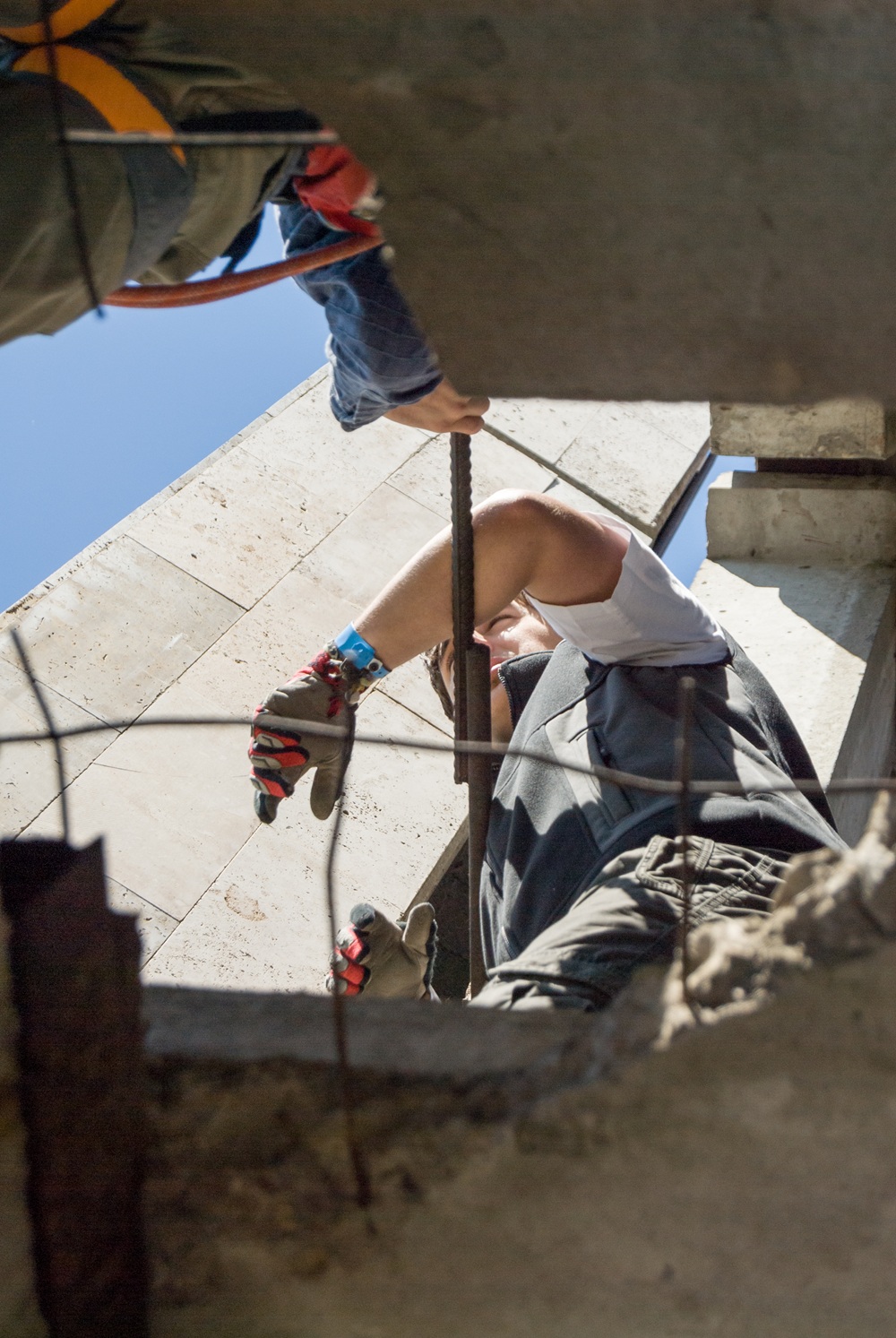“Dignita” Presents Two Studies on Gender-Based Violence in Segregated Roma Communities

Over the past year, the Dignita Foundation has worked actively to raise awareness of victims of trafficking for sexual exploitation and gender-based violence in marginalized Roma communities. This effort was carried out in partnership with the National Network of Health Mediators and included studies and training aimed at early identification of risk factors and counteraction to severe forms of violence against women and girls.
The work focused on two locations: “Druzhba” neighborhood in Novi Pazar and “Karmen” neighborhood in Kazanlak. In these communities, training sessions were conducted for health mediators working directly with at-risk individuals. As part of the project, analyses were prepared to identify the specific needs of the mediators and the factors increasing the risk of gender-based violence in these neighborhoods.
Key Vulnerability Factors
The studies identified several common factors that make women and girls in these communities particularly vulnerable:
- Poverty and high unemployment;
- Lack of education or early school dropout;
- Early marriages and childbirth;
- Substance abuse, including alcohol and drug dependency.
In addition, the studies revealed specific risks in each location. In “Druzhba”, a high prevalence of early marriages involving girls under 18 was reported. Meanwhile, in “Karmen”, extreme poverty was found to be a leading factor contributing to economic dependence and increased risk of exploitation.
Findings and Recommendations
The findings and recommendations were presented in June 2024 at a roundtable discussion. It was attended by representatives of government institutions, non-governmental organizations, and experts. Key recommendations include:
- Developing systemic and multi-sectoral policies at the national level to address gender-based violence.
- Implementing local measures to raise awareness about women’s rights, early signs of violence, and the risks of trafficking for sexual exploitation.
- Mobilizing community resources – engaging local leaders and health mediators as key participants in identifying early signs of rights violations.
Next Steps
Dignita will continue to support and empower individuals working on the front lines in these communities. The foundation is committed to promoting legislative and social changes at both national and local levels to protect the rights of women and girls. Preventing gender-based violence requires not only specific measures but also a comprehensive approach to address the root causes of the problem.
Latest News:

New Data from Eurostat on Human Trafficking in the European Union in 2023

Vulnerability and Risk Factors for Human Trafficking Among Ukrainian Refugees in Bulgaria
